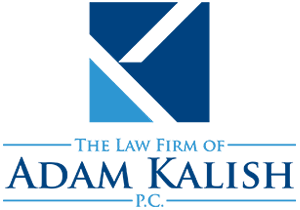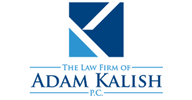New York law generally requires sellers to make certain disclosures about their properties before transferring ownership to other parties. Failure to make required disclosures may make sellers vulnerable to civil penalties or an order to reverse a transaction.
Buyers must learn about any defects
Sellers are typically required to provide buyers with information regarding the integrity of a home. For instance, you must typically tell a buyer if there is a cracked foundation, if the roof is leaking or if other serious problems need correcting. You may also need to disclose the condition of significant components such as a water heater, furnace or central air system. It is worth noting that the seller isn’t necessarily responsible for making repairs or paying any costs related to fixing important items. Instead, a buyer must be made aware of their current condition.
Older homes may contain toxins
If you built your home before 1978, it might contain lead paint. A seller must disclose that a home has lead paint since it can cause significant health issues for anyone occupying it. Furthermore, sellers must typically disclose the results of a radon test completed before a potential sale. Finally, complying with state real estate law means that it may be necessary to inform a buyer about any chemical spills or other risks that toxic substances may pose to that individual.
Disclosure laws ensure buyers have enough information to determine a home’s market value. If you fail to receive disclosures about a property, it may be possible to take legal action against a seller. The courts can resolve disputes between buyers and sellers, or they may choose to mediate the dispute.

